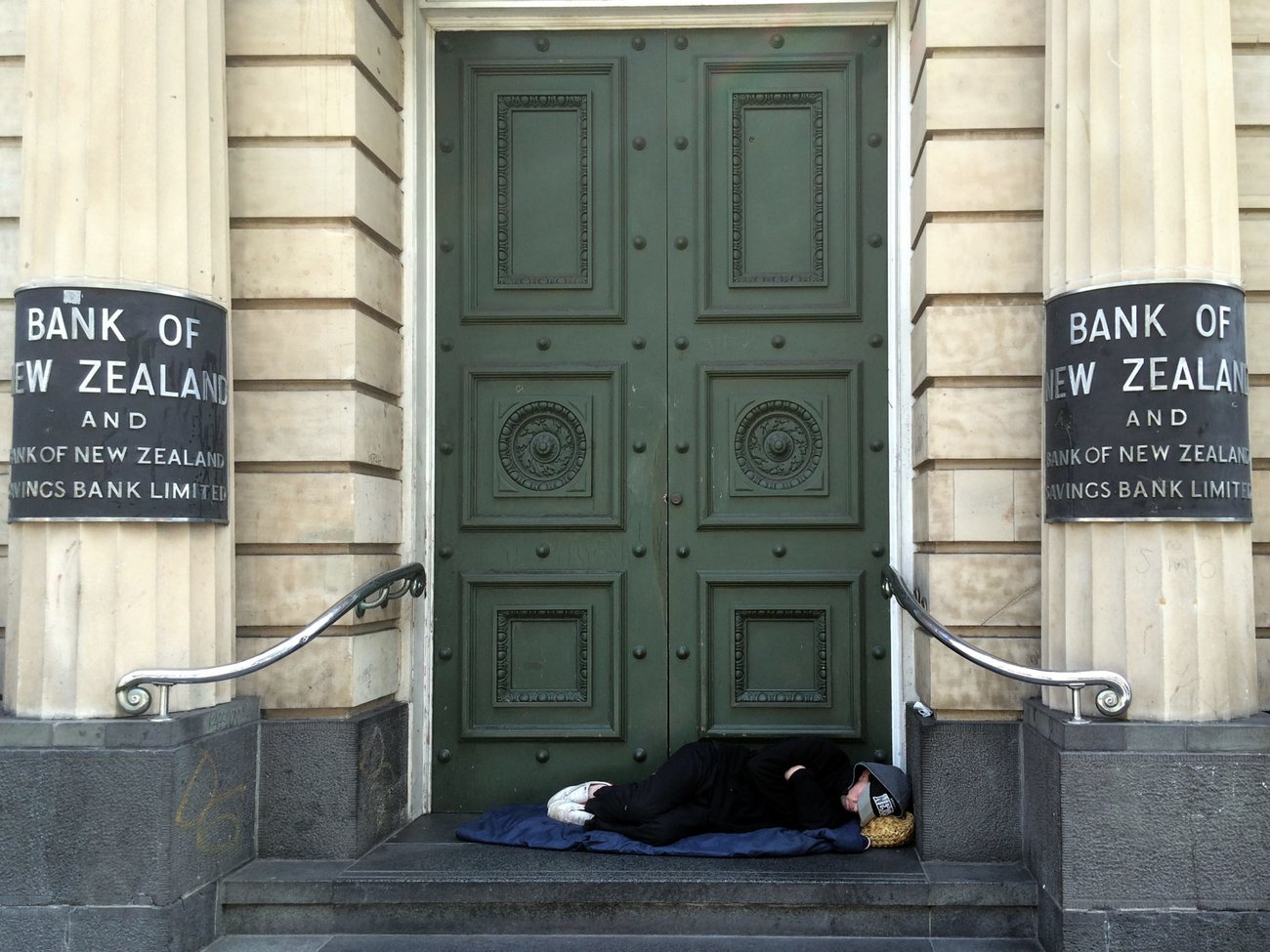How we can end the poverty gap within our lifetime

Extreme inequality is depriving governments around the world of the money they need to tackle the issues at the root of poverty.
Last year saw the biggest increase in billionaires in history – one more every two days. Billionaires saw their wealth increase by $762 billion in 12 months. This huge increase could have ended global extreme poverty seven times over.
In particular, tax avoidance by multinational corporations continues to deprive rich and poor countries of the revenue they need to provide basic public services such as healthcare and education, which help lift the most vulnerable people out of poverty.
Last year, Oxfam revealed that one such multinational, RB (the corporation behind well-known brands Vanish, Harpic and Durex) had deprived NZ of up to $15 million dollars in tax revenue through a practice called ‘profit shifting’, using complex internal corporate structures to move profits from higher tax jurisdictions to relatively low ones. There was nothing illegal – but nothing fair about it either.
Why does the tax system matter? Because – as the case above illustrates – an unfair tax system means that the revenue needed to provide basic public services is disproportionately paid by those on middle and lower incomes – if it can be raised at all. On a macro level, an unfair tax system creates an unfair economy, one that’s stacked in favour of the few at the expense of the many. Research published by Oxfam shows that New Zealand is not the egalitarian society that many Kiwis grew up thinking it was. Earlier this year we showed that New Zealand’s two richest men owned the same wealth as the poorest 30 percent.
Oxfam International’s research on countries’ commitment to reducing inequality shows that New Zealand compares poorly to other comparable OECD countries in its provision of social protection and its tax structure. New Zealand ranks 115 out of 152 countries in the progressivity of its tax policy. However we know that in OECD countries and Latin America, that more progressive tax structures and effort to collect tax can have a big impact on reducing inequality. It is no surprise that the recent government budget announcement includes providing more funds to the IRD to ensure we have better resources for tax collection, as this will help New Zealand have the funds we need to invest in improved infrastructure we all need.
We have also witnessed first-hand the impact of lost tax revenue on developing countries. Multinational corporations shifting their activities to low or zero tax jurisdictions is estimated to cost people in developing countries at least $100 billion a year. Even if this kind of tax avoidance is usually legal, it is morally dubious. Most ordinary taxpayers cannot reduce their tax liability and the majority of small businesses pay their taxes. In effect, this means that highly profitable multinationals pay a lower effective tax rate than many citizens.
But none of this is inevitable. Oxfam’s latest inequality report ‘Reward Work Not Wealth’ includes a detailed set of evidence-based recommendations for both governments and businesses – from ensuring multi-national companies pay a fair share of tax to guaranteeing all workers a ‘living’ wage – that together can help to reverse these trends.
There is plenty of evidence to show that government action can lead to significant shifts in inequality levels. In other developed countries, there has been success ensuring decent working conditions and the living wage, fair tax systems and spending on things that matter – for example healthcare, education and social protection. These policies are important steps towards economies that work for everyone and not just the fortunate few.
Taxation will be a key policy tool to reduce inequality, in New Zealand and globally. A well designed, progressive tax system contributes directly to reducing the gap between the extremely rich and the poor. With the work of the recent Tax Working Group, we now have an opportunity to be part of the global momentum for greater tax transparency and a fairer system for everyone.
But it is not enough for countries to limit their actions to only a national scale. Governments can act together to remedy the system. For New Zealand, it is a moment to stand in solidarity with other progressive nations and with developing countries and call for a new generation of global tax reforms.
A significant step at a global level is the proposal to set up a new UN-based global tax body. Many countries are supporting this call and it was endorsed by the UN’s Independent Expert in their report on the human rights impact of tax avoidance, tax evasion, tax fraud and profit shifting in July 2017.
Ending poverty is a rational and achievable objective within our lifetime – and whilst a global tax body and fairer tax systems will not be the only way to end poverty, it is a clear step towards that goal.




